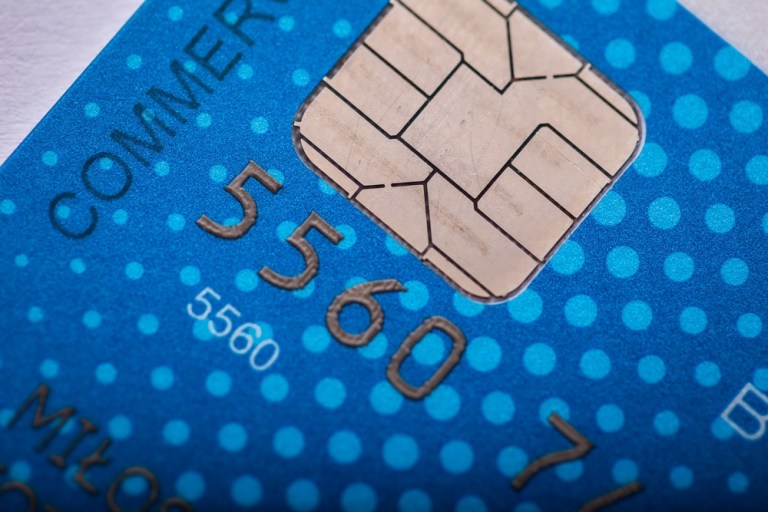In deploying the FICO Falcon Platform, enhanced fraud detection and blocking capabilities are made available to issuers, PULSE said. Among the features is real-time scoring.
FICO said the platform detects potential fraud while remaining invisible to the consumer during legitimate transactions.
The FICO platform serves as the foundation of the DebitProtect fraud detection service, said PULSE.
In terms of mechanics, the new case management functionality helps issuers reduce costs by assisting them in accurately managing groups of compromised cards. The platform also helps allow — or restrict — transactions for individual or multiple accounts. The result is that PULSE is able to offer customized fraud blocking rules for its issuers, and the rules can be implemented with greater speed than had been seen before.
“In this era of digital commerce, criminals constantly work to beat the system, so the system has to work equally hard to keep up,” said Dave Schneider, president of PULSE, in the release. “With the Falcon Platform and its team of experts, we have the flexibility and capacity needed to create and launch new fraud-detection and risk-mitigation services that are benefiting our issuers today, and we have a foundation we can build upon into the future.”
Advertisement: Scroll to Continue
In its 2019 Debit Issuer Study, PULSE said debit transactions have seen an accelerating growth rate, from 5.3 percent in 2017 to 6.7 percent in 2018, reaching an estimated 68.5 billion transactions. The rise, according to PULSE, has come in tandem with a sharp increase in card-not-present (CNP) transactions, which have seen growth rates of about 24 percent.
In one example of CNP activity, account to account activity accounted for as many as 1.2 billion debit card transactions in 2018. At the same time, according to the study, fraudsters are increasingly training sights on debit activity — as CNP transactions account for roughly a quarter of debit activity but 70 percent of gross fraud cases.




